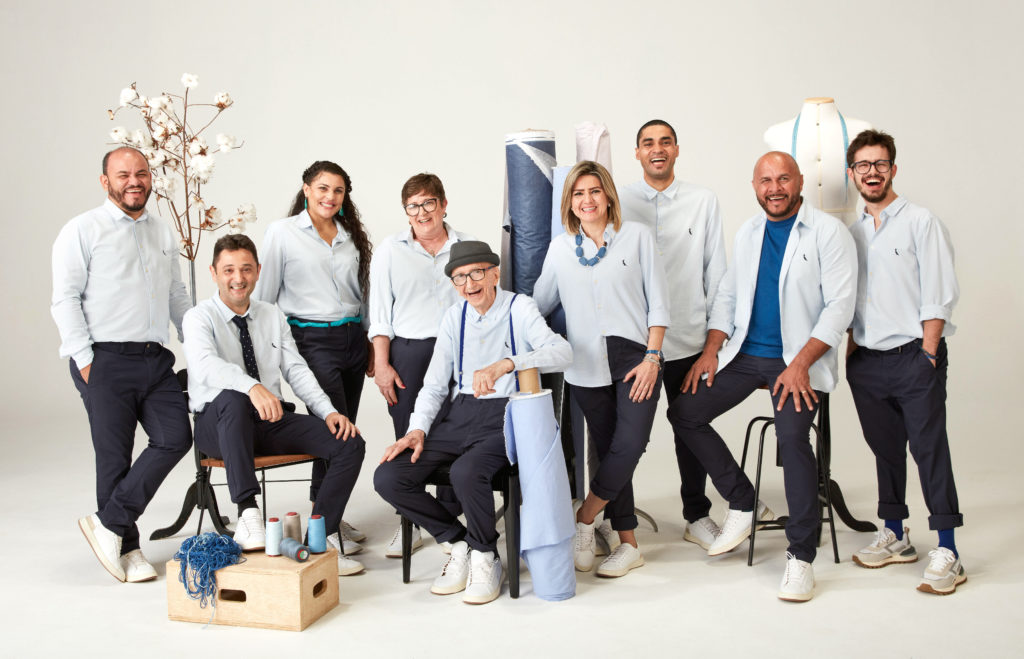SouABR: innovative project is launched to provide Brazilian cotton traceability from farm to retail
Brazilian cotton |
SouABR is the 1st blockchain traceability program in the Brazilian textile industry and aims to provide the public with transparency when choosing clothes
October 7 is World Cotton Day and the Brazilian Cotton Growers Association (Abrapa), through the Sou de Algodão (which means “I’m made of cotton”) movement, together with the Rio de Janeiro-based Reserva (part of the AR&CO group) and Renner will launch the unprecedented SouABR Program (the Brazilian acronym for Brazilian Responsible Cotton), which provides information on the certified origin of the cotton and the production process of each item purchased by Brazilian consumers.
After one and a half years of development, the program’s main aim is to offer consumers transparency and to encourage more conscious choices showing that the cotton present in each garment comes from an origin that has Brazilian Responsible Cotton (ABR) social and environmental certification, which provides the sector with a commitment by the producers to the three pillars of sustainability: social, environmental and economic.
SouABR is the first large-scale traceability initiative in the domestic textile chain. “All this is stored thanks to blockchain, which guarantees the traceability of the cotton from the property of origin, with the ABR certification guarantee, passing right through the entire textile chain up to the product in the store. The technology provides digitization that makes information accessible and auditable at all stages of the process ensuring reliability”, explains Flavio Redi, CEO of EcoTrace, the company responsible for the development of the IT platform and a specialist in commodity traceability that provides the market with security and transparency.
The path followed by certified cotton begins on the farm where production must comply with a comprehensive protocol which includes respect for the environment and labor laws as well as ensuring economic efficiency. The ABR certification has 178 verification items within 8 criteria: employment contract, prohibition of child labor, prohibition of work analogous to slavery or in degrading or undignified conditions, freedom of union association, prohibition of discrimination against people, safety, occupational health, work environment, environmental performance and good practices.
“The history of sustainability in the cotton chain began in 2005 in the state of Mato Grosso and expanded to other states in 2009. In 2012, a single protocol was set up for all Brazilian producers, the ABR program, which for 9 years has been working on benchmarking with another internationally recognized initiative: the Better Cotton Initiative (BCI). It’s been a long journey until finally being able to provide consumers with this certification and it makes us very proud! Our clients are more demanding and we aim to deliver what they are asking for: accountability and transparency,” explains Júlio Cézar Busato, president of the Brazilian Cotton Growers Association (Abrapa).
By scanning the QR Code on the clothing label, consumers who buy these items in the store can see on which socio-environmentally certified farm the cotton was grown, the spinning mill that turned it into yarn, the weaving or knitting company that made the fabric and the clothing manufacturer that produced the final product. All traceable items in the SouABR program contain at least 70% cotton and 100% of this natural fiber has socio-environmental certification.

What the SouABR Program partner brands say
The first collection will be launched on October 7th by Reserva for menswear. Renner will join in 2022 with a collection of women’s fashion.
“When it comes to sustainability, it is almost inevitably associated with the finished product. But it starts much earlier such as with the choice of raw material and from there it expands into the entire production process. The preference for certified and traceable cotton shows there is a commitment not only to product quality but also to a whole scenario of social and environmental responsibility and transparency in the textile industry. Working towards an increasingly positive impact, ensuring fair labor relations and responsible production is all crucial for us to maintain our position as a brand that is in tune with the times we live in”, explains Fernando Sigal, Reserva’s Product Director.
“Our journey in responsible fashion has led us to develop a series of innovation initiatives that promote the evolution of the textile industry and its value chain. This project in partnership with Abrapa and Reserva shows how it is possible to reconcile fashion, sustainability and technology with the aim of making this industry ever more transparent. We are very proud to be part of this pioneering initiative which allows for greater transparency in the entire process involved in clothing manufacture proving that even before reaching people’s closets, the items already have their own history,” says the Sustainability General Manager of Renner Stores, Eduardo Ferlauto.
The chain of suppliers that are part of SouABR together with Reserva are: Fiação Fio Puro and Incofios, in the spinning sector; weavers RenauxView and Vicunha; Dalila Têxtil knitwear manufacturers; ByCotton, EGM and Lavinorte clothing manufacturers. In 2023, SouABR will be available to the entire textile chain.
About Sou de Algodão
This is a unique movement in Brazil that was started in 2016 to arouse greater collective awareness about fashion and responsible consumption. The initiative unites and values professionals in the cotton chain and talks directly to end consumers by means of activities, content and partnerships with brands and companies. Another of its aims is to inform and democratize Brazilian Responsible Cotton (ABR), which adheres to strict environmental, social and economic criteria and represents 36% of all responsible cotton production worldwide.
Follow Sou de Algodão:
Website: www.soudealgodao.com.br
Facebook: soudealgodao
Instagram: @soudealgodao
Youtube: Sou de Algodão
LinkedIn: Sou de Algodão
Press contacts:
Vira Comunicação – contato@viracomunicacao.com.br – +55(19) 3367.1233
Mariana Torelli – mariana.torelli@viracomunicacao.com.br – +55(11) 96937.6100
Thiago Rodrigues – thiago.rodrigues@viracomunicacao.com.br – +55(19) 999687.0812
Guilherme Pichonelli – guilherme@viracomunicacao.com.br – +55(11) 98076.1234






